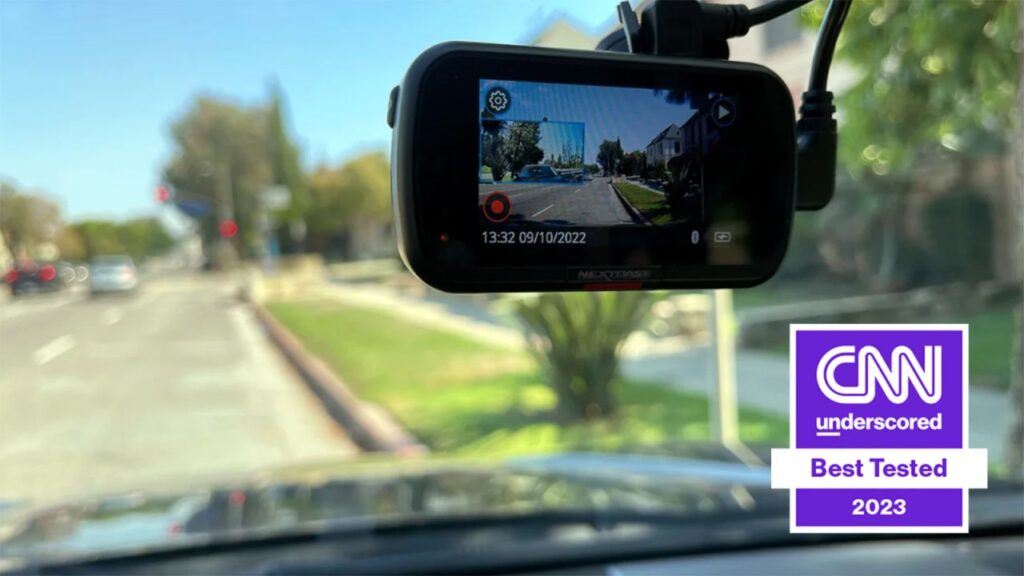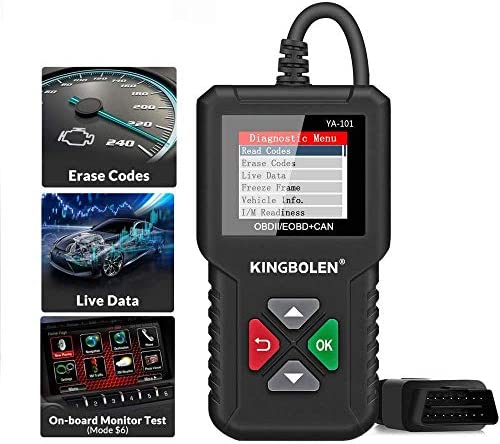Gps Navigation For Cars : The Ultimate Guide to Effortless Navigation
GPS navigation for cars is essential for easy and accurate travel directions. With a variety of options available, such as 7-inch screens, automotive dash mounts, and compatibility with different devices like Garmin and Tomtom, finding the right GPS navigation system is crucial. Whether you’re looking for a budget-friendly option or a high-end device with advanced features like radio and voice assistant integration, there are plenty of choices to suit your needs. Understanding Gps Navigation Systems For Cars Understand Gps Navigation For Cars with ease. Discover the ins and outs of navigating with GPS in your car and ensure a hassle-free journey every time. Understanding GPS Navigation Systems for Cars What Is Gps Technology And How Does It Work? GPS stands for Global Positioning System, a satellite-based navigation system that provides location and time information. It consists of a network of satellites orbiting the Earth and GPS receivers that communicate with these satellites to determine the user’s precise position. The GPS receiver calculates the distance between the user and multiple satellites to triangulate the exact location. The Benefits Of Using Gps Navigation In Cars Avoid getting lost: GPS navigation systems for cars provide turn-by-turn directions, ensuring drivers reach their destination efficiently and safely. Time-saving: With real-time traffic updates, GPS navigation systems can suggest alternative routes to avoid congestion and save time on the road. Increase safety: GPS systems can help drivers stay focused on the road by providing clear instructions, reducing distractions and the need to look at maps or smartphones while driving. Exploration: Whether traveling in unfamiliar cities or exploring scenic routes, GPS navigation systems can guide drivers to new destinations and enhance their overall travel experience. Different Types Of Gps Navigation Systems For Cars Type Description Built-in GPS systems These systems come pre-installed in newer car models and offer seamless integration with the vehicle’s dashboard. They usually have larger screens and provide advanced features. Portable GPS devices Compact and easily transferable between different vehicles, portable GPS devices offer flexibility and convenience. They usually come with smaller screens and are mounted on the windshield or dashboard. Smartphone GPS apps Many smartphones have built-in GPS capabilities and offer navigation apps that can be used while driving. These apps often provide real-time traffic updates and can be paired with Bluetooth-enabled car audio systems for hands-free operation. Key Features To Consider When Choosing A Gps Navigation System Screen size: Consider your preference for a larger screen for better visibility or a smaller screen for portability. Map updates: Look for GPS systems that offer regular map updates to ensure accurate and up-to-date navigation. Real-time traffic updates: This feature allows you to receive real-time traffic information and suggests alternative routes to avoid congestion. Voice guidance: A GPS system with clear and audible voice guidance can help keep your eyes on the road while driving. Bluetooth connectivity: If you prefer hands-free operation, consider GPS systems that have Bluetooth connectivity to pair with your smartphone or car’s audio system. How To Choose The Right Gps Navigation System For Your Car Choosing the right GPS navigation system for your car can greatly enhance your travel experience by providing accurate and reliable directions. With so many options available on the market, it can be overwhelming to determine which system is right for you. In this article, we will guide you through the process of selecting the best GPS navigation system for your car by assessing your navigation needs and preferences, comparing different brands and models, understanding the importance of screen size and resolution, evaluating map and route guidance features, and considering additional features like voice commands and live traffic updates. 1. Assessing Your Navigation Needs And Preferences Before choosing a GPS navigation system, it’s important to assess your specific navigation needs and preferences. Consider the following factors: The type of driving you do: Are you mainly driving in urban areas or do you often venture into rural or off-road locations? The frequency of your travels: Do you travel often or just occasionally? The level of technological proficiency: Are you comfortable with advanced features or do you prefer a simpler navigation system? Your budget: How much are you willing to spend on a GPS navigation system? 2. Comparing Different Gps Navigation System Brands And Models Once you have assessed your navigation needs and preferences, it’s time to compare different brands and models of GPS navigation systems available on the market. Consider factors such as: Reputation and reliability of the brand User reviews and ratings Availability of software and map updates Features and functionalities 3. Understanding The Importance Of Screen Size And Resolution The screen size and resolution of a GPS navigation system can significantly impact the user experience. Larger screens provide a better view of maps and navigation instructions, but may not be suitable for smaller cars with limited dashboard space. Additionally, higher screen resolutions offer clearer and more detailed visuals. Consider your car’s interior dimensions and personal preferences when choosing the screen size and resolution of your GPS navigation system. 4. Evaluating The Map And Route Guidance Features One of the primary purposes of a GPS navigation system is to provide accurate and reliable map and route guidance. When evaluating different systems, pay attention to features such as: Accuracy of the maps and directions Availability of real-time traffic updates Integration with popular navigation apps Ability to customize routes based on preferences 5. Considering Additional Features Like Voice Commands And Live Traffic Updates In addition to basic navigation features, many GPS navigation systems offer advanced functionalities that can greatly enhance your driving experience. Consider features such as: Voice commands for hands-free operation Live traffic updates to avoid congestion and delays Integration with smartphone apps for music streaming and phone calls Bluetooth connectivity for seamless interaction with your car’s audio system By considering these additional features, you can choose a GPS navigation system that not only helps you navigate but also adds convenience and safety to your driving experience. Installing And Setting Up Your Gps Navigation System GPS navigation systems
Gps Navigation For Cars : The Ultimate Guide to Effortless Navigation Read More »




